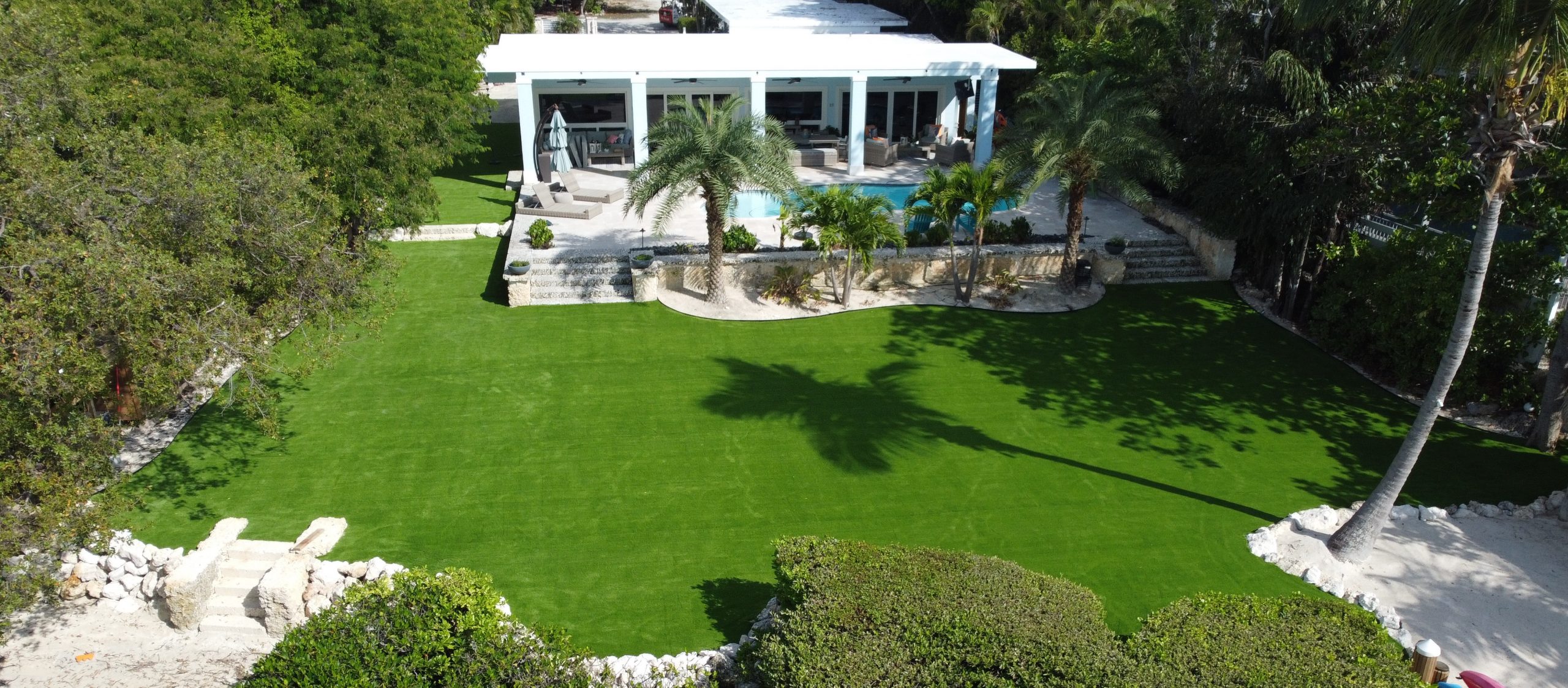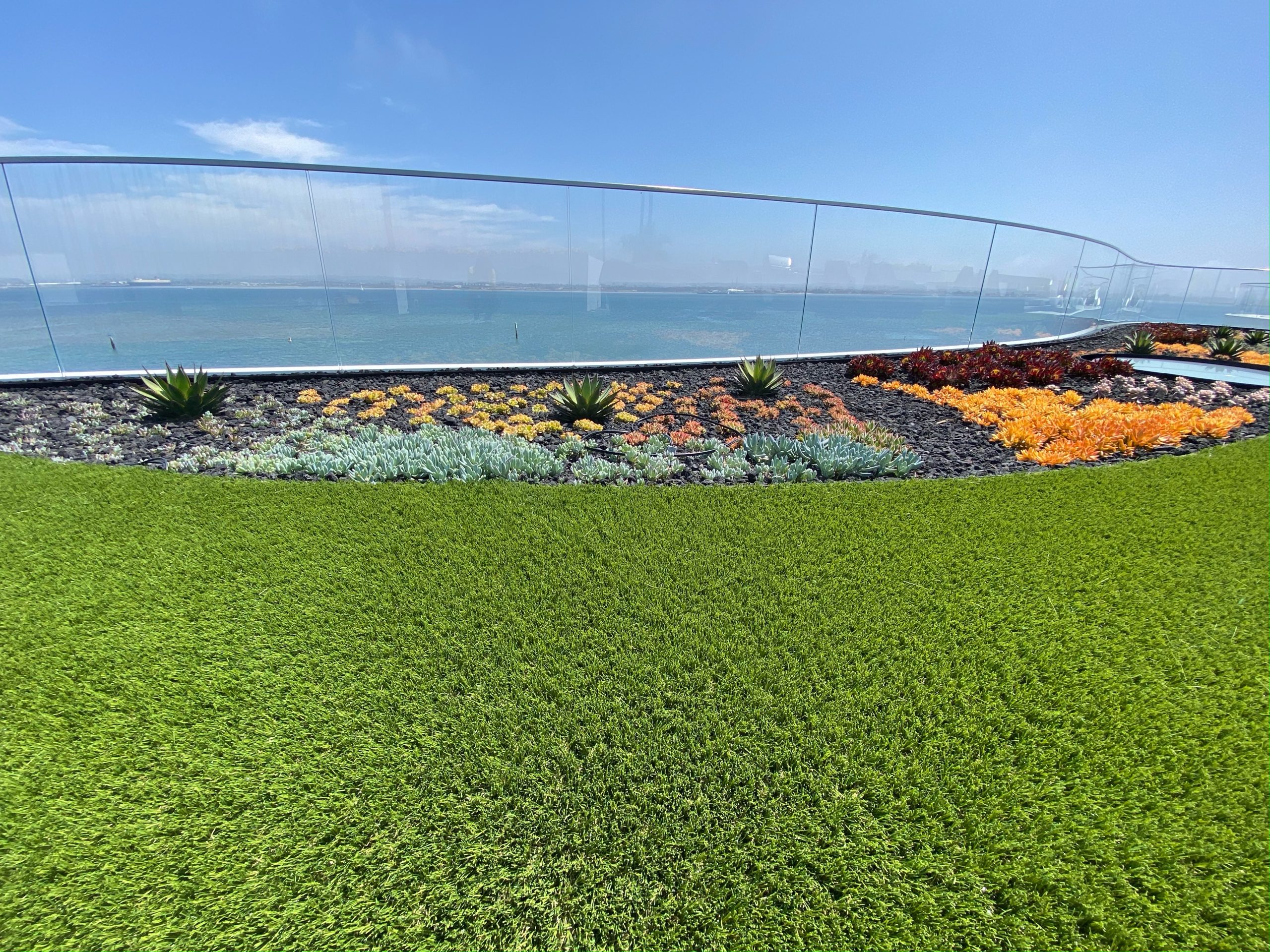The Environmental Benefits of Artificial Grass Installation
페이지 정보

본문
 Less Yard Waste from Fallen Leaves
Less Yard Waste from Fallen LeavesFall can create a significant amount of leaf litter that needs to be collected and disposed of. With artificial grass, leaves and other debris can be easily cleaned without worrying about the grass underneath, leading to less waste and upkeep during seasonal changes.
The maintenance of a traditional grass lawn often requires significant energy, both in terms of time and resources. Watering systems, fertilizers, and constant lawn mowing consume both electricity and fuel. With artificial grass, the need for these energy-intensive activities is eliminated, helping reduce overall energy consumption.
 Artificial grass installation offers significant environmental benefits, especially in areas where water conservation is a priority. By eliminating the need for regular watering, it helps conserve water, which is especially valuable in drought-prone regions. Additionally, it reduces the use of harmful pesticides and fertilizers that can pollute local ecosystems. With artificial grass, there’s also less need for lawnmowers, leading to a decrease in fuel consumption and air pollution. It’s a sustainable choice that supports a cleaner, greener environment while providing a beautiful, low-maintenance lawn year-round.
Artificial grass installation offers significant environmental benefits, especially in areas where water conservation is a priority. By eliminating the need for regular watering, it helps conserve water, which is especially valuable in drought-prone regions. Additionally, it reduces the use of harmful pesticides and fertilizers that can pollute local ecosystems. With artificial grass, there’s also less need for lawnmowers, leading to a decrease in fuel consumption and air pollution. It’s a sustainable choice that supports a cleaner, greener environment while providing a beautiful, low-maintenance lawn year-round.Water Conservation with Artificial Grass
Artificial grass installation plays a pivotal role in water conservation. Traditional lawns require constant irrigation, especially during hot, dry months, which can lead to excessive water use. Artificial grass eliminates this need entirely, helping conserve millions of gallons of water annually. This is particularly beneficial in regions prone to droughts, where water conservation is a critical concern. By choosing artificial grass, homeowners and businesses can significantly reduce their water consumption.
Less Lawn Waste with Artificial
Traditional grass lawns can generate significant waste, especially during lawn care routines. Grass clippings, fallen leaves, and even the need to replace dead grass contribute to waste. Artificial grass installation reduces this waste since it requires little to no maintenance beyond occasional cleaning. This reduction in waste is beneficial for both homeowners and the environment. Not only does it reduce landfill contributions, but it also ensures that your yard remains tidy and beautiful year-round, without the need for constant upkeep and waste disposal.
By installing artificial grass, property owners can create a safer, more stable habitat for local wildlife, promoting biodiversity in urban areas. This environmentally friendly choice helps protect the balance of local ecosystems while maintaining a beautiful, functional landscape.
By opting for artificial, property owners can create a beautiful, healthy yard without contributing to soil and water contamination. The long-term benefits include cleaner, healthier surroundings for both people and wildlife, reducing the environmental impact of maintaining a lawn.
Reduction in Grass Clippings Waste
Traditional lawns require regular mowing, leading to an abundance of grass clippings. These clippings often end up in landfills, contributing to waste. With artificial grass, mowing is no longer necessary, eliminating this source of lawn waste and reducing landfill impact.
Eliminates the Need for Regular Watering: Traditional lawns require regular watering to stay green, which can add up to significant water usage, especially in dry seasons. Artificial grass, however, requires no watering at all, making it an ideal solution for conserving water and reducing dependency on irrigation systems.
Water Conservation in Drought-Prone Areas: artificial grass In regions where water shortages are common, artificial grass installation helps conserve valuable water resources. By eliminating the need for irrigation, homeowners and businesses contribute to reducing overall water demand, supporting sustainable practices in areas impacted by drought conditions.
Significant Reduction in Water Bills: With artificial grass, homeowners no longer need to pay for irrigation systems or constantly monitor their water usage to keep their lawns healthy. This leads to long-term savings on water bills, providing both an environmental and financial benefit to property owners.
Conserving Millions of Gallons Annually: The collective impact of artificial grass installation on water conservation can be immense. By installing artificial turf, entire neighborhoods and communities can save millions of gallons of water each year, benefiting both the local environment and the larger ecosystem.
Eliminating Harmful Chemicals from Lawn Care
Traditional lawns often rely on pesticides, herbicides, and fertilizers to maintain their lush appearance. However, these chemicals can run off into local waterways, polluting streams, rivers, and lakes, affecting aquatic life and ecosystems. Artificial grass installation eliminates the need for such chemicals, making it an eco-friendly alternative.
- 이전글The 9 Things Your Parents Taught You About Bedside Crib And Cot 24.12.27
- 다음글15 Of The Best Pinterest Boards All Time About Travel Bedside Crib 24.12.27
댓글목록
등록된 댓글이 없습니다.
